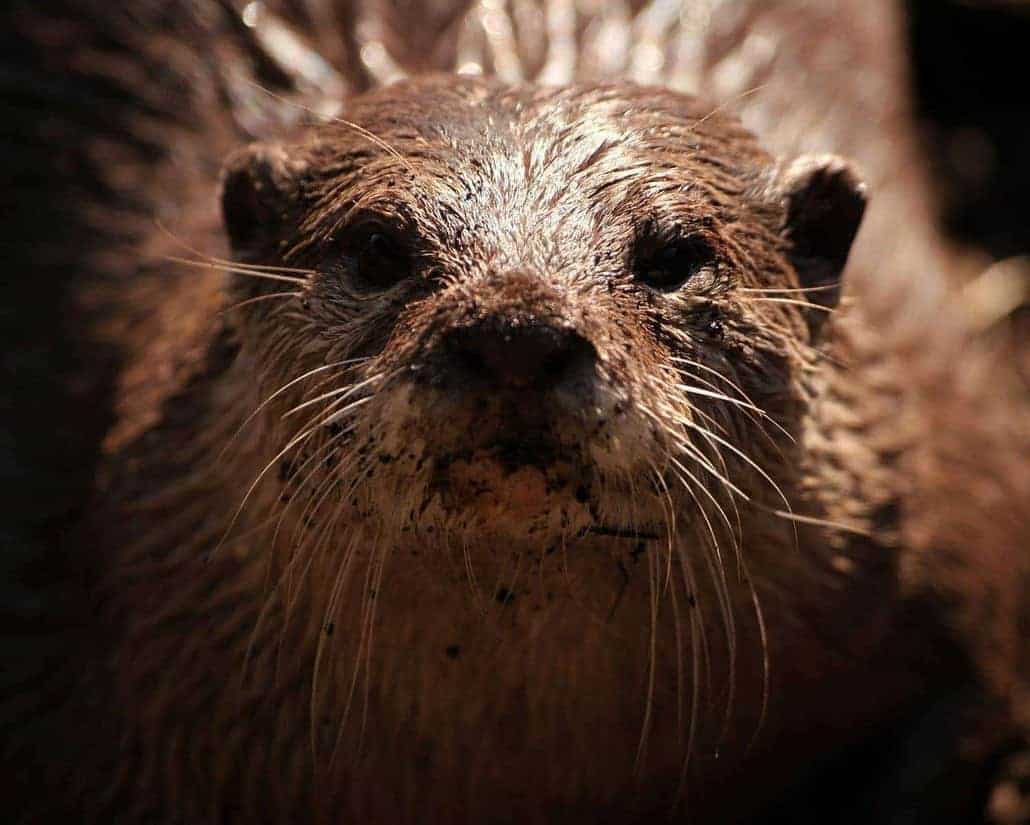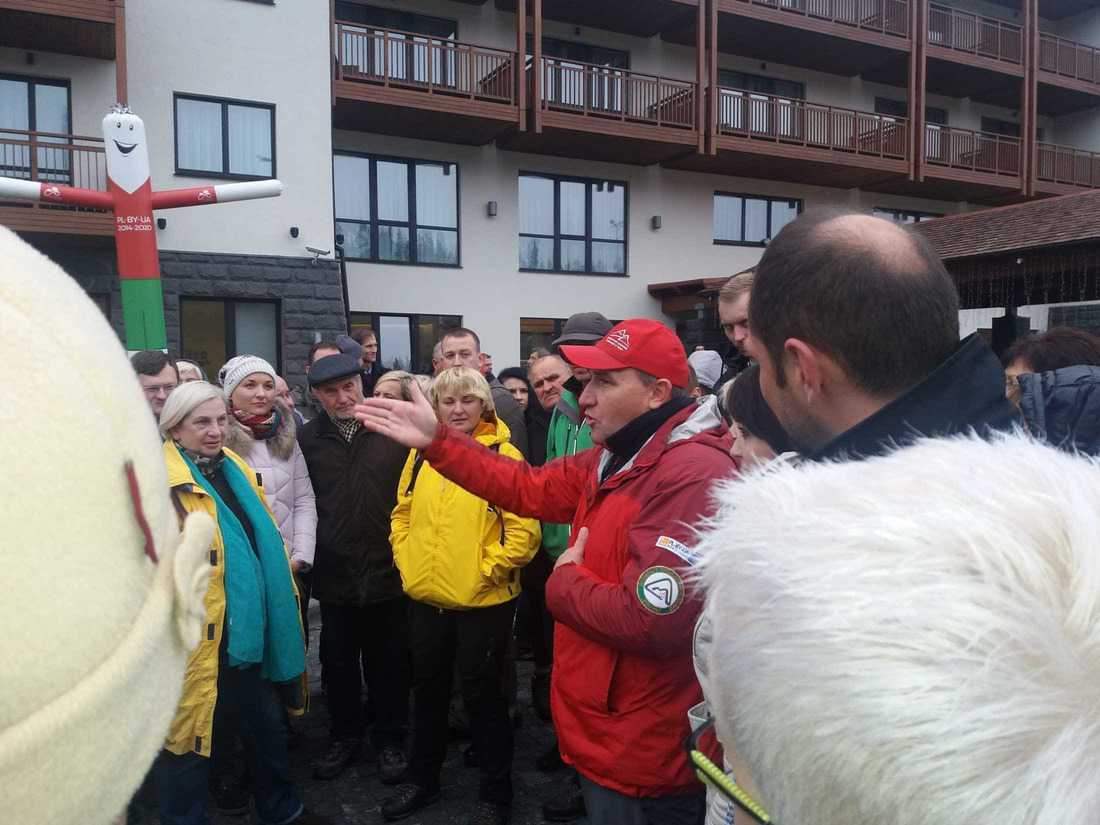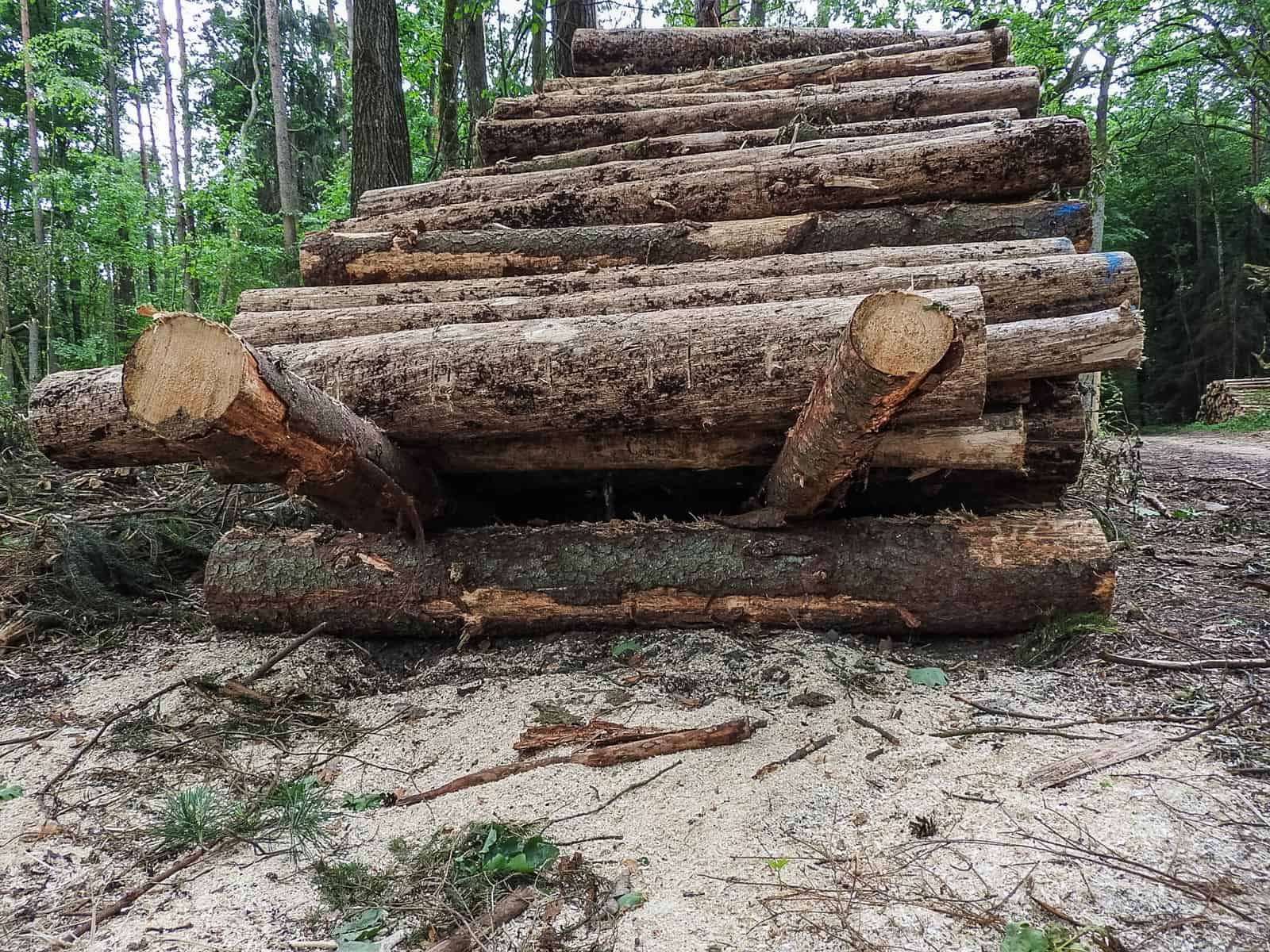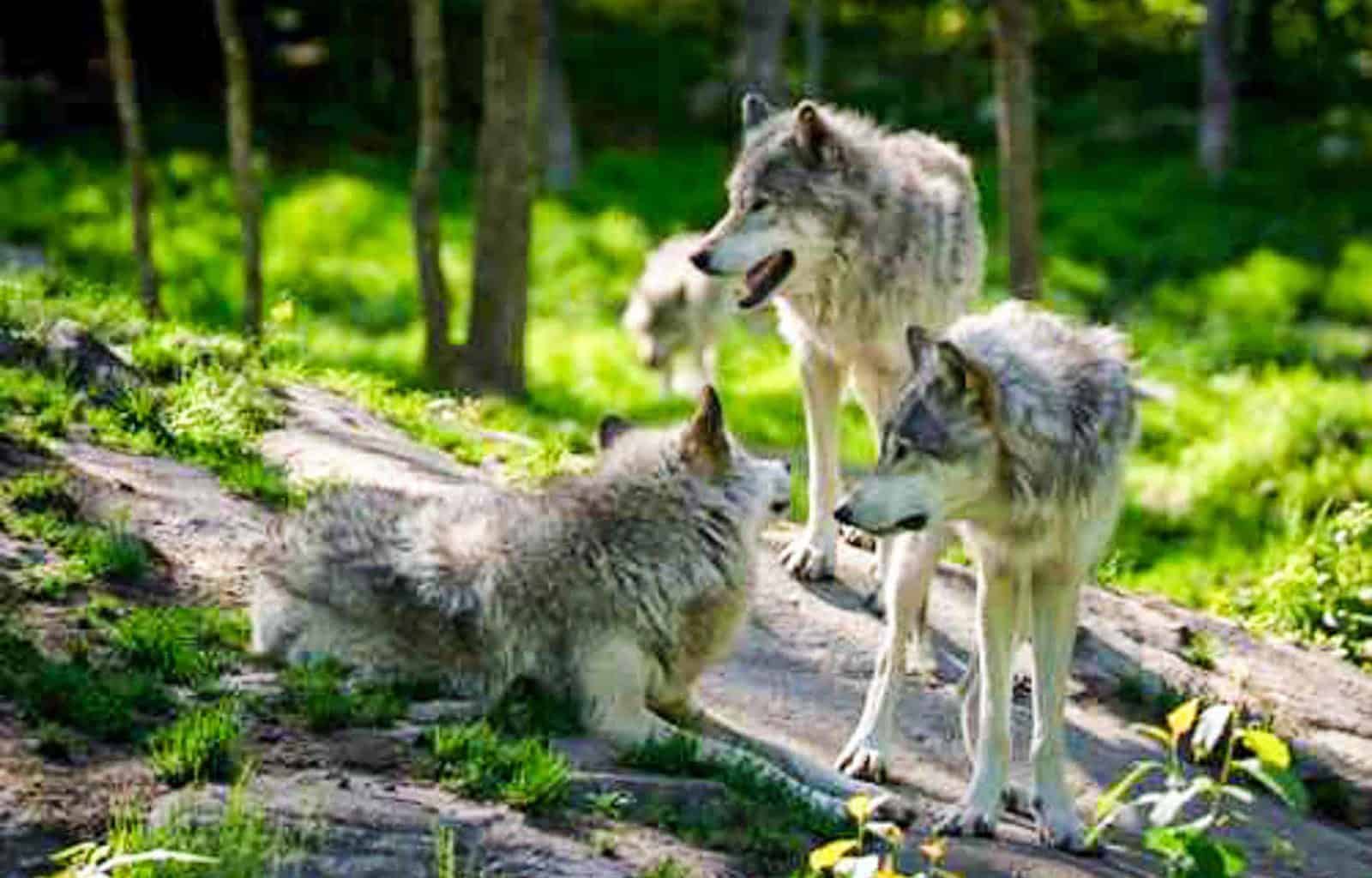Call for partners: Natura 2000 training, forests, desertification and cities
Important update 05.08.2020: As a professional project consortium has not yet formed to develop a project idea for one of the five topics, we are not pursuing the submission of a proposal for this call.
The ‘2020 Call for proposals for Preparatory projects‘ is now open. This means that LIFE is once again proposing a list of specific projects. These topics are considered especially important to reach the policy goals of the European Union. This year, they identified 11 topics that should be adressed. They cover all kinds of fields from green economy to habitat restoration and Natura 2000 management.
Please also read: Wilderness in the EU Biodiversity Strategy 2030
Earlier this year, we already actively contributed to the development and submission of the project LIFEstockProtect. It focuses on implementation of livestock protection measures to benefit coexistence with the wolf in the predominantly German-speaking Alpine region. Now, we identified five topics within the current call that are interesting for us and our network.
Five topics from the call
For the following five topics, we are looking for partners that are interested in submitting a proposal:
Strengthening primary and old-growth forest protection in Europe by capitalising on World Heritage sites: This project builds on our current project BEECH POWER. It aims to map old-growth forests on a European scale, identify their ecosystem services and raise public awareness.
Restoration of tree plantations to natural forests: With the climate crisis threatening many European forests, it is important to create climate-resilient forests. Turning vulnerable monocultures into natural forests benefits ecosystem services, resilience and biodiversity.
Restoration of desertified land through nature-based solutions: Exploitation of natural areas has produced many degraded grasslands in warm parts of Europe. These are now slowly tunring into deserts, which brings along a number of risks. Natural solutions like sustainable grazing or agroforestry can reverse this process and restore healthy ecosystems.
Designing mechanisms to increase the presence of biodiversity in urban and peri-urban areas: Cities should not be dismissed in nature conservation. They host a wide variety of biodiversity and urban green spaces are crucial for a large part of the population to experience nature. Hence, this project aims to develop strategies to increase and connect biodiversity in European cities.
Network of training activities for Natura 2000 sites managers: The Natura 2000 network is one of the most important tools for nature conservation in Europe. However, management of many sites is still inadequate. Creating a European network to train Natura 2000 managers can unlock the full potential of the sites.
Time & financial frame
The deadline to submit the proposal for each of the call topics is 10th September 2020. The projects are then expected to start in the beginning of 2021. The projects will last between two and four years and the EU will contribute up to € 1 000 000 depending on the topic. The co-finanicng rate for all projects is 60%.
If you are interested in any of the mentioned topics, fill out the contact form:







